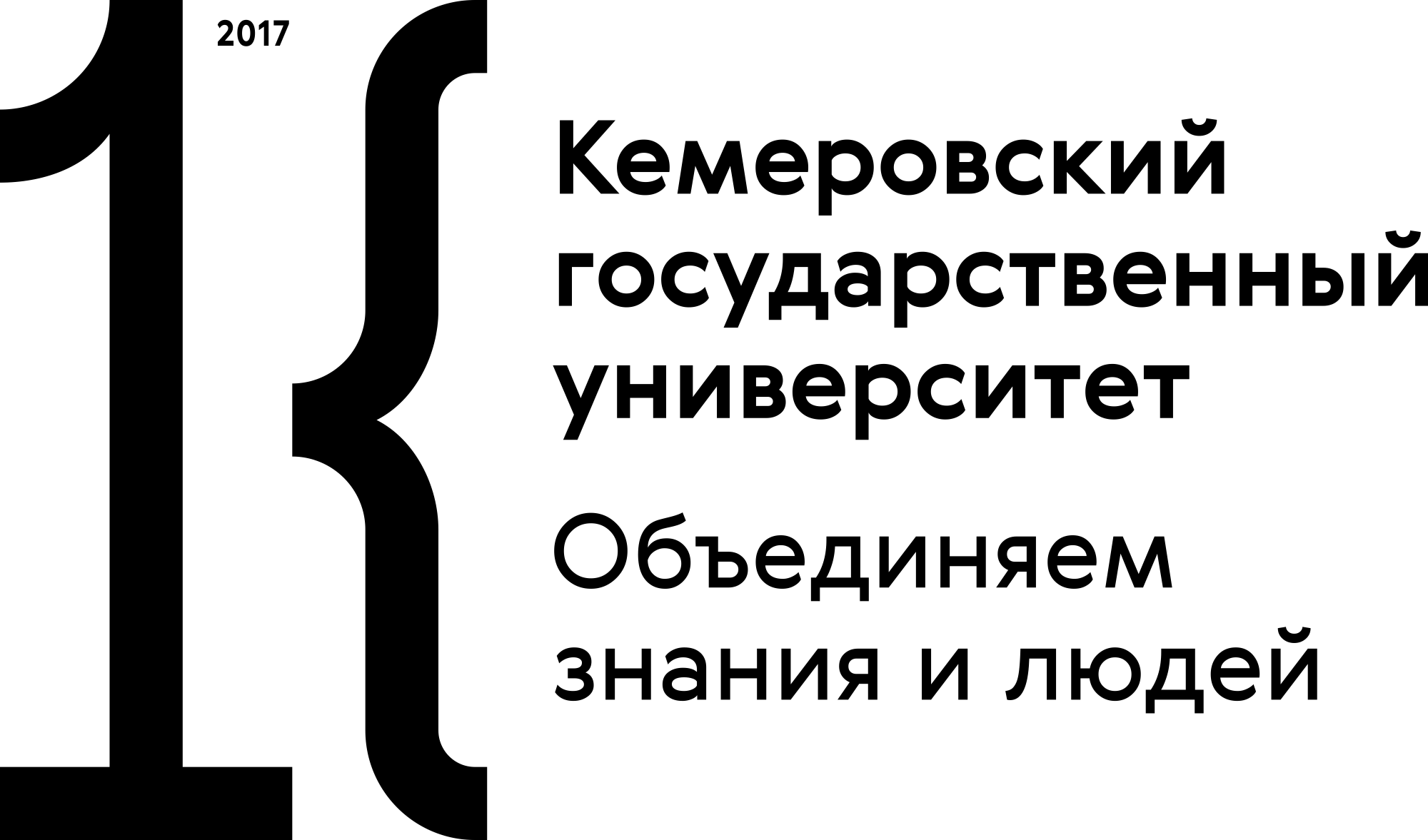Novosibirsk, Russian Federation
Novosibirsk, Russian Federation
Novosibirsk, Russian Federation
UDC 33
The article features the use of business practices in the sphere of education, as required by the Federal State Standard. The research objective was to systematize the prerequisites for this process: on the basis of normative documents and on the basis of the requirements employers impose on the competencies of university graduates. The authors consider externship training and involvement of employees and managers into the teaching process as perspective tools. For each tool, they identified problems according to a comparative analysis of the expected outcome and the actual results of their application. The research featured two regional universities. One is a basic university included in the Top 100 of Russian universities, while the other has a narrow industrial specialization. The object of the study was the quality of training of students in terms of their adaptation to the requirements of the professional environment, as well as the tools that can provide this quality. The research employed various methods of sociological research and the method of correlation analysis. The paper focuses on advantages and disadvantages of the tools. The training of university staff seems to require a revision in that teaching personnel have to obtain key competencies in the professional disciplines they teach.
business environment, university, quality of training, professional competence, Federal State Standards
1. Borisova A. A. The mechanism of regulation of the employment profile of graduates. Sovremennaia nauka, 2016, (1): 52-54. (In Russ.)
2. Borisova A. A. Instruments of diagnostic of profile employment of graduates: limitations and results. Vestnik Kemerovskogo gosudarstvennogo universiteta. Seriia: Politicheskie, sotsiologicheskie i ekonomicheskie nauki, 2016, (1): 10-16. (In Russ.)
3. Borisova A. A., Timofeeva A. Yu. The effect of graduates’ competitiveness in the labour market: measuring the correlation between the type of employment and the degree of competitiveness. Vestnik Tomskogo gosudarstvennogo universiteta. Ekonomika, 2015, (4): 102-117. (In Russ.) DOI:https://doi.org/10.17223/19988648/32/7
4. Ermakova Zh. A., Nikulina Yu. N. The quality of education from the viewpoint of consumers of educational services at the university. Creative Economy, 2017, 11(7): 725-734. (In Russ.) DOI:https://doi.org/10.18334/ce.11.7.38162
5. Timofeev V. S., Borisova A. A., Avrunev O. E. The readiness of students to succeed in their profession: a start of professional formation. Izvestiia Irkutskoi gosudarstvennoi ekonomicheskoi akademii, 2014, (3): 53-62. (In Russ.)
6. Oplakanskaia R., Osmuk L., Pogorelskaya A., Pomorina I. Post-industrial university towns and the triple helix concept: case studies of Bristol, Sheffield, Novosibirsk and Tomsk. Bulletin of Geography. Socio-economic Series, 2019, (44): 39-46. DOI: https://doi.org/10.2478/bog-2019-0013
7. Anttonen M., Lammi M., Mykkänen J., Repo P. Circular economy in the triple helix of innovation systems. Sustainability, 2018, 10(8). DOI:https://doi.org/10.3390/su10082646
8. Lemos M., Liberali F. The creative chain of activities towards educational management transformation Findings from an intravention case study. International Journal of Educational Management, 2019, 22(7): 1718-1732.
9. Alvarez I. G., Cerza R. E. B., Merizalde A. M. M., Ramirez J. A. E., Delgado R. A. Implementation of educational inclusion in the career initial education of the metropolitan university of Ecuador. Revista Conrado, 2019, 15(70): 330-335.
10. Mintzberg H. Management: The nature and structure of organizations. Moscow: Eksmo, 2009, 595. (In Russ.)


















